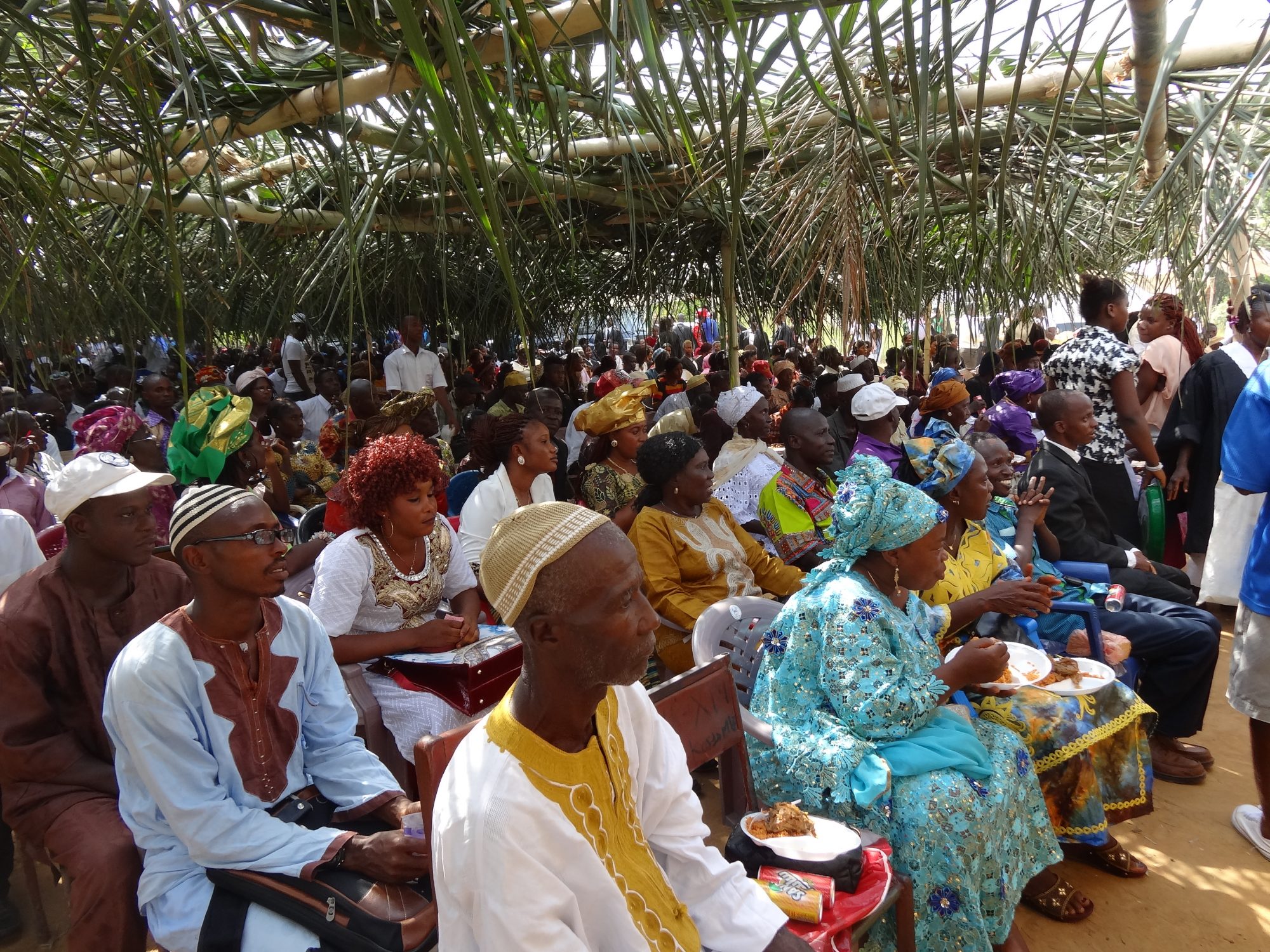Mass Drug Administration Campaign Starts Today – Dec 5, 2014
The Mass Drug Administration Anti Malaria Campaign organized by the Ministry of Health and Sanitation National Malaria Control Programme is to kick start in Eight (8) Ebola affected districts in the country. The targeted districts include Bombali, Port Loko, Tonkolili, Koinadugu, Moyamba,Kambia, Western Urban and Rural.
Giving an overview of the Mass Drug Administration, the Programme Manager, Dr. Samuel Juana Smith, described fever as a cardinal symptom for malaria infection and also one of the cardinal symptoms of Ebola viral disease. He underscored the importance in making frantic efforts to reduce the incidence and prevalence of the malaria infection with a view to reducing the strain on the health system and allow what he referred to as the true cases of Ebola to be found and treated. The Ministry of Health and Sanitation and partners WHO, UNICEF, MSF in line with the above poised to undertake a mass distribution of the country’s first line anti-malarial ArtesunateAmodiaquine as a supplement to ongoing routine activities in Ebola hot spots, and areas where high incidence of Ebola Virus Disease cases have been reported.
The administration of the drug would be door-to-door, with Direct Observe Treatment (DOT) for first dose, and client would be educated and encouraged to comply with the treatment by taking the two subsequent doses on the two days following the administration of the first dose.
According to Dr. Smith, distribution would be accompanied with strict adherence to the “No Touch” policy, building on existing District Health Management Teams and Community Health Workers Network would be enforced. “Only antimalarial will be distributed to households over the period December 5-8, 2014, and lessons learned during the first cycle will guide the decision on whether any maternal child health interventions should be added to the second cycle”. Dr. Smith maintained.
“Incomplete households will be revisited by distribution team members to complete administration to any members missed in the initial visit”, he added.
The malaria prevention and control strategies aim to achieve three objectives:
- Reduce malaria morbidity
- Lower the number of febrile patients with malaria to “unload” Ebola assessment service
- Increase the protection of front-line health workers engaged in the fight against these two deadly diseases.
The four expected benefits with ACT Mass Drug Administration:
– Rapid reduction in malaria morbidity and mortality
– Decreased incidence of febrile illnesses due to malaria, a reduced presentation of febrile patients at Ebola evaluation facilities, resulting in low risk of transmission of Ebola to malaria patients and lessened workload at these facilities
– Improve the credibility of health service delivery, including community outreach and
– The possible delivery in combination with other interventions.
